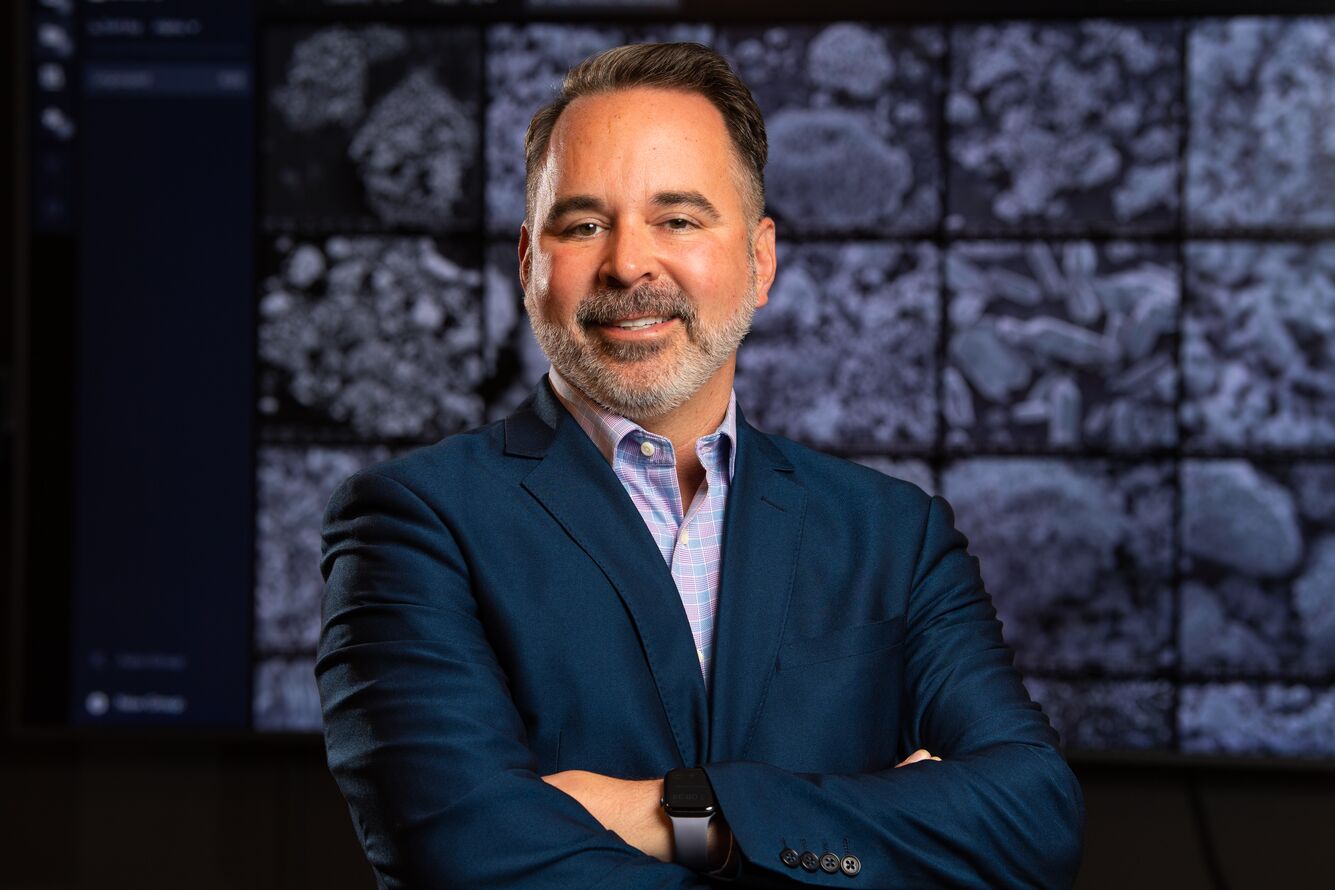Bringing artificial intelligence to address issues concerning nuclear weapons may evoke images from a futuristic science fiction film. However, at the Pacific Northwest National Laboratory under the Department of Energy, this is just one aspect of their agenda.
One of the key research focuses at PNNL is the identification and mitigation of intricate threats to national security. Utilizing AI can play a vital role in achieving this objective by detecting potential efforts to obtain nuclear weapons or related technology.
Detection of nuclear proliferation stands out as a potential area where the Center for AI @PNNL, a newly established initiative, could provide valuable support. This center aims to streamline research efforts leveraging AI tools, including the cutting-edge generative AI tools that have garnered significant attention in the tech sphere recently.
Court Corley, the center director and PNNL’s chief AI scientist, highlighted the significant evolution in the application and utilization of AI. He emphasized the increasing adoption of modern AI techniques such as deep learning, generative AI, and deep reinforcement learning by a substantial portion of PNNL’s scientists and engineers over the past decade.
The Center for AI @PNNL serves as a hub to optimize the deployment of AI tools across the national laboratory, which is headquartered in Richland, Wash., with research teams also operating in Seattle, Sequim (Washington), Portland (Oregon), and College Park (Maryland). Corley and his team are tasked with coordinating AI projects and driving technological advancements throughout the organization.
Various AI-centric projects are underway at PNNL, ranging from expediting materials development for energy storage systems to harnessing microbes for advanced biofuel production and exploring autonomous experimentation for creating novel alloy compositions.
Corley’s background in computer science and engineering, coupled with his extensive experience in data analytics and AI research at PNNL, positions him well for his role as the center’s director. His insights during the interview shed light on the strategic approach to ensuring the safe and secure integration of AI in national security applications and the collaborative efforts with tech partners to enhance AI’s safety protocols.
Furthermore, the exploration of generative AI applications, particularly in computational chemistry and accelerating permitting processes, reflects PNNL’s commitment to leveraging AI for impactful research in Earth and biological sciences.
The convergence of AI and quantum computing, especially in materials chemistry, holds promise for groundbreaking advancements. PNNL’s emphasis on scientific machine learning, integrating physics principles into deep learning models, exemplifies their innovative approach to enhancing AI’s interpretability and efficiency.
As AI continues to revolutionize research methodologies, Corley emphasizes the indispensable role of human expertise in conjunction with AI advancements. Autonomous experimentation, while augmenting research processes, underscores the necessity of human ingenuity in guiding experimental design and interpretation.
Looking ahead, Corley envisions AI-driven transformations in energy generation within the next decade, propelled by AI’s capacity to navigate the complexities of variable energy sources and operational control requirements effectively. This shift underscores the pivotal role AI is poised to play in reshaping daily life scenarios, particularly in the energy sector.






